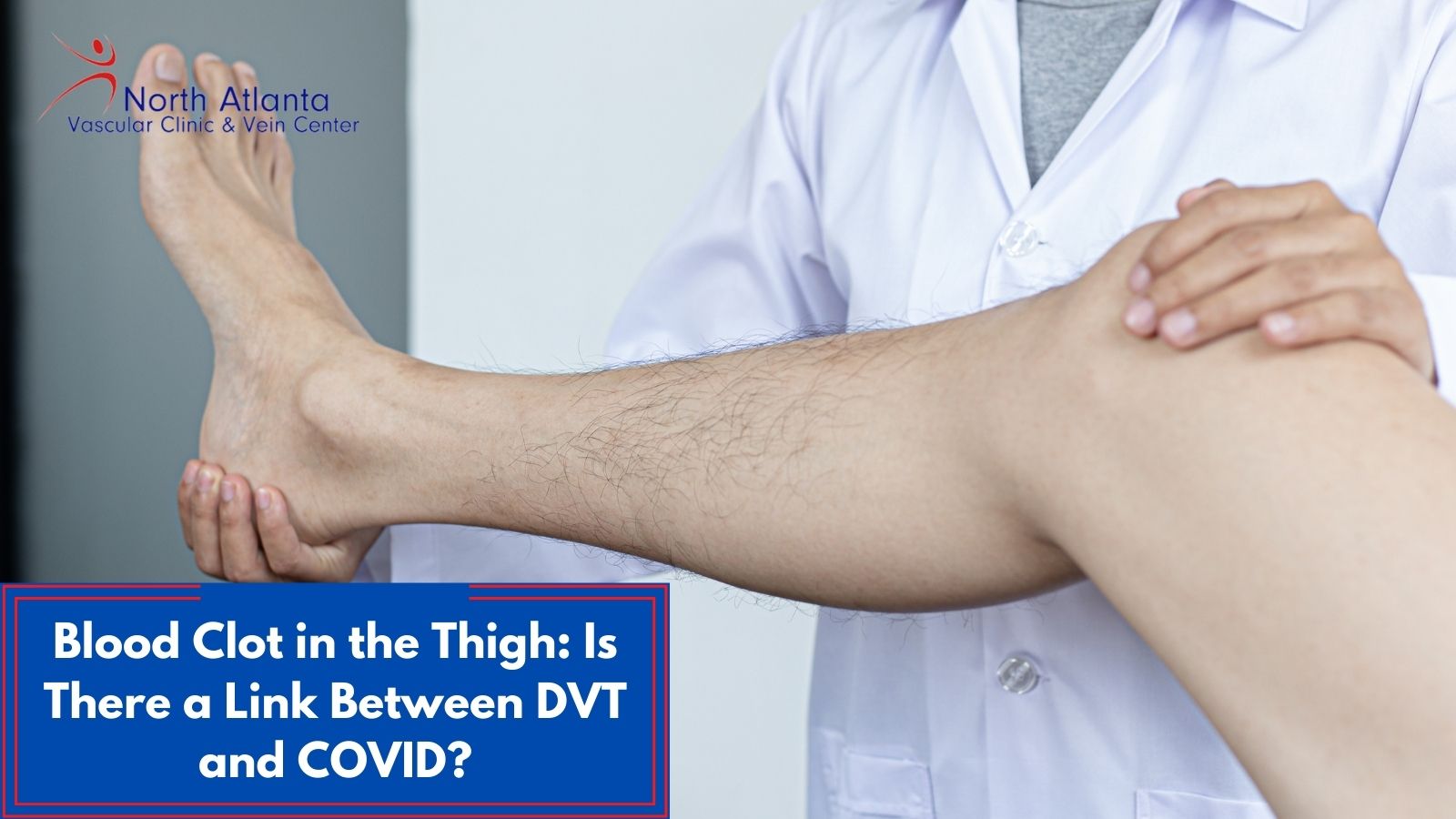



Varicose veins increase your risk of developing deep vein thrombosis (DVT), a blood clot in your leg. Recent studies revealed that COVID-19 patients might be more likely to develop DVT
Read more to find out how COVID-19 may increase your risk of DVT.
A few signs indicate the presence of DVT, including:
DVT can become dangerous if the clot travels to your lungs and causes a pulmonary embolism. Pulmonary Embolism(PE) is a blockage in a pulmonary artery in your lungs. Usually, this condition is a result of blood clots that travel to the lungs from deep veins in the legs. In rare cases, PE can also be caused by clots from veins in other parts of the body. If not treated on time, PE can be fatal. Visit your vein specialist if you experience any of these symptoms.
Many preliminary studies have found a link between hospitalized COVID-19 patients and increased factor-V levels. Factor V is a protein that prevents blood clots and other wounds from bleeding, and higher levels of factor-V indicate DVT.
According to the study conducted by Harvard Medical School, hospitalized COVID-19 patients displayed higher factor-V levels. Another study in Vienna revealed that patients hospitalized for COVID had a 5% to 11% risk of developing DVT, and the risk was higher (18% to 28%) for those admitted to the ICU for COVID-19.
Furthermore, the study revealed that 50% of patients had experienced DVT after an ultrasound. Also, patients who developed DVT had a high concentration of d-dimer, another sign of blood clots.
Despite no direct link between COVID-19 and DVT being found, doctors have started monitoring COVID patients for symptoms of blood clot disorders such as DVT. If you have DVT or are experiencing its symptoms, you will need a close observation to ensure that your clot does not travel to your lungs and cause a pulmonary embolism (PE).
Get immediate medical assistance if you are facing any of these symptoms after you are diagnosed with DVT.
While there is no established link between COVID-19 and DVT, these statistics indicate that patients with varicose veins or other DVT risk factors should take special care to avoid contracting the virus.
Schedule an appointment with North Atlanta Vascular Clinic and Vein Center if you experience a blood clot in the thigh or its symptoms. We specialize in the diagnosis and treatment of DVT and other vein diseases.